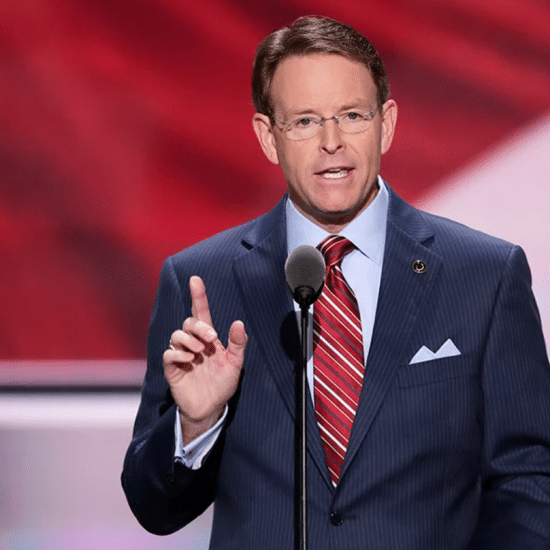By some estimates, the increased standard deduction in 2018 may mean that as many as 95 percent of Americans will claim the standard deduction rather than itemize when they file their federal income taxes. By contrast, in 2017 around 70 percent of tax filers claimed the standard deduction, according to Republican Rep. Mark Walker of North Carolina. Walker, a Southern Baptist pastor, has introduced a bill in the House of Representatives to amend the Internal Revenue Code “to allow above-the-line deductions for charitable contributions for individuals not itemizing deductions.” Republican Sen. James Lankford of Oklahoma, who was student ministries and evangelism specialist for the Baptist General Convention of Oklahoma before he ran for Congress, introduced a similar bill in the Senate.
 Analysts give the bills little chance of final passage, but such an exception is just what charities need to stay afloat, according to the Association of Fundraising Professionals. The AFP cites research by several organizations, including the American Enterprise Institute, that estimates charitable giving in 2018 will go down anywhere from $11 billion to $20 billion. To avoid such a drop, some form of universal charitable deduction separate from itemizing is needed, according to AFP, AEI and others.
Analysts give the bills little chance of final passage, but such an exception is just what charities need to stay afloat, according to the Association of Fundraising Professionals. The AFP cites research by several organizations, including the American Enterprise Institute, that estimates charitable giving in 2018 will go down anywhere from $11 billion to $20 billion. To avoid such a drop, some form of universal charitable deduction separate from itemizing is needed, according to AFP, AEI and others.
Jason Lee, chair of the Charitable Giving Coalition, an organization whose mission is to protect the tax deduction, says a universal charitable deduction is “a fair and efficient resolution that will continue to encourage Americans to redirect their dollars to charities.” Lee urges individuals, as well as ministry directors and those involved with charitable organizations, to contact their congressional representatives and urge them to enact a universal charitable deduction.
“Charitable contributions and the charitable tax deduction are important for organizations doing vital work in our communities, particularly the small, local charities and congregations already being run on shoe-string budgets that are likely to be hardest-hit by reduced giving,” Lee said.
A universal charitable deduction would not only help recoup the anticipated loss of charitable contributions but would also promote fairness by allowing all taxpayers to deduct their contributions, according to Lee.
“Because the deduction will be available to all taxpayers, it could foster a culture of giving much earlier, providing an incentive to young taxpayers who are beginning to make their charitable investments in the communities and causes they care about,” Lee said in a statement at ProtectGiving. org. “The legislation expands good tax policy, providing an incentive to more Americans to invest in their communities through charitable giving.”
Carrie Brown McWhorter writes for several publications, including The Alabama Baptist newspaper and Missions Mosaic magazine. Find her on Facebook @McWhorterMedia or visit her website, carriebrownmcwhorter.com.
See also:






